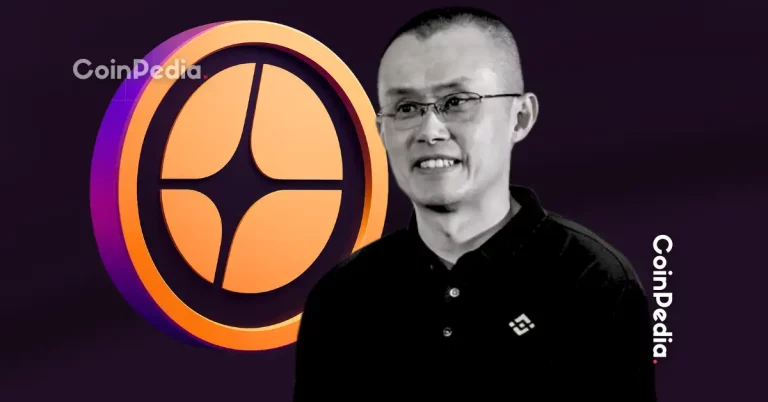
The Evolution of E-commerce by 2025: Trends and Innovations
The Evolution of E-commerce by 2025 has been a remarkable journey, with the industry undergoing significant transformations over the years. The focus keyword, E-commerce, has become an integral part of our daily lives, with more and more people turning to online shopping for convenience, flexibility, and accessibility. In this article, we will delve into the current state of e-commerce, explore future trends, and discuss the innovations that will shape the industry by 2025.
Introduction to E-commerce
E-commerce, short for electronic commerce, refers to the buying and selling of goods and services over the internet. The concept of e-commerce has been around for decades, but it wasn’t until the widespread adoption of the internet and mobile devices that the industry began to experience rapid growth. Today, e-commerce is a multi-billion-dollar industry, with millions of online stores and marketplaces catering to diverse customer needs.
Current State of E-commerce
The current state of e-commerce is characterized by intense competition, rapid technological advancements, and evolving consumer behavior. The rise of social media, mobile commerce, and voice-activated shopping has transformed the way people shop online. Furthermore, the COVID-19 pandemic has accelerated the growth of e-commerce, with more people turning to online shopping as a safer and more convenient alternative to physical stores.
Future Trends in E-commerce
By 2025, the e-commerce industry is expected to undergo significant changes, driven by emerging technologies and shifting consumer preferences. Some of the key trends that will shape the future of e-commerce include:
- Artificial Intelligence (AI): AI will play a crucial role in e-commerce, enabling businesses to personalize customer experiences, optimize operations, and improve supply chain management.
- Augmented Reality (AR): AR will become increasingly popular in e-commerce, allowing customers to interact with products in a more immersive and engaging way.
- Sustainability: As consumers become more environmentally conscious, e-commerce businesses will need to prioritize sustainability, reducing carbon footprints and promoting eco-friendly practices.
- Mobile Commerce: Mobile commerce will continue to grow, with more people using their smartphones to shop online and make payments.
- Social Commerce: Social media platforms will become increasingly important for e-commerce, with businesses using social media to engage with customers, promote products, and drive sales.
Innovations in E-commerce
By 2025, e-commerce will witness significant innovations, driven by advances in technology and changing consumer behavior. Some of the key innovations that will shape the industry include:
- Blockchain Technology: Blockchain technology will become more prevalent in e-commerce, enabling secure, transparent, and efficient transactions.
- Internet of Things (IoT): IoT will play a crucial role in e-commerce, enabling businesses to connect with customers and deliver personalized experiences through smart devices.
- Virtual Reality (VR): VR will become increasingly popular in e-commerce, allowing customers to interact with products in a more immersive and engaging way.
- Chatbots: Chatbots will become more sophisticated, enabling businesses to provide 24/7 customer support and improve customer engagement.
- Personalization: Personalization will become a key differentiator in e-commerce, with businesses using AI and machine learning to deliver tailored experiences and recommendations.
Conclusion
In conclusion, the evolution of e-commerce by 2025 will be shaped by emerging technologies, changing consumer behavior, and innovations in the industry. As e-commerce continues to grow and mature, businesses will need to stay ahead of the curve, adopting new technologies and prioritizing customer experience to remain competitive. By understanding the current state of e-commerce, future trends, and innovations, businesses can position themselves for success in a rapidly evolving industry.





